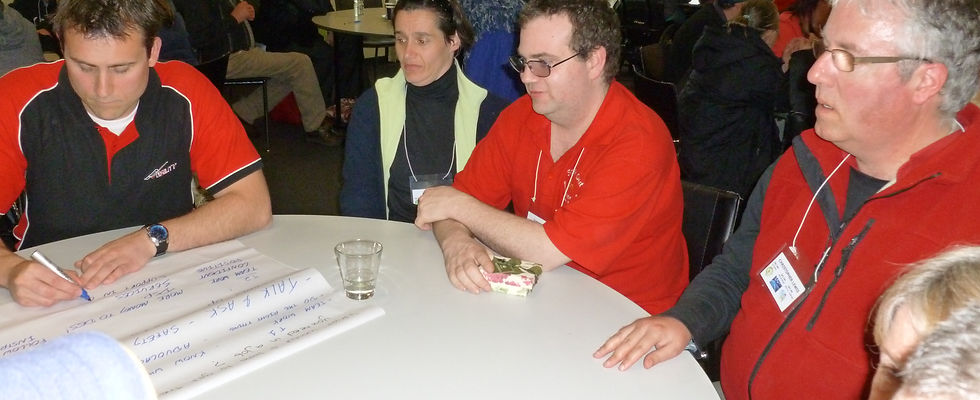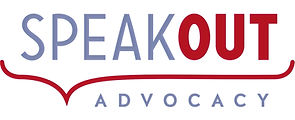Self Advocacy
Self‑advocacy means speaking up for yourself. It’s about knowing what supports and rights you need—and sharing that with others. Self‑Advocacy gives you more control over your life.
Why Self‑Advocacy Matters
-
It gives you voice and control over your life.
-
It builds your confidence and independence.
-
It supports equal access in education, work, and community life.
Parts of Self-Advocacy?
1. Knowing Your Rights
Understanding your legal protections, like disability laws and the UN Convention on the Rights of Persons with Disabilities (CRPD).
2. Understanding Your Needs
Knowing your strengths and challenges. Thinking about what support or accommodations help you do your best.
3. Effective Communication
Learning to tell people—family, friends, service providers—what you need in a clear way.
4. Decision‑Making
Being part of decisions about your life—whether it’s education, work, health care, or daily routines.
5. Building Confidence
Believe in yourself. Self‑advocacy grows from self-esteem and knowing you deserve respect.
6. Seeking Support
Knowing when to ask for help—from friends, family, or advocacy services—to help speak up or make decisions.
WARNING: The following image may contain images and voices of deceased persons.

Self-advocacy helps people with disabilities take charge of their lives.
It supports independence, inclusion, and equal rights.
Road to Success
Speak Out created a training program called Road to Success.
It was co-designed by people with lived experience of disability.
The program teaches self-advocacy skills to other people with intellectual disability.
National Self-Advocacy Conference
Each year, Speak Out holds a national self-advocacy conference.
The conference focuses on human rights and is based on:
-
The Australian Disability Strategy
-
The United Nations Convention on the Rights of Persons with Disabilities (UNCRPD)
-
Self-advocacy
The conference helps people with intellectual disability:
-
Learn about their rights
-
Build friendships and networks
-
Gain skills to speak up for themselves
Most speakers at the conference are people with intellectual disability.
Monthly Self-Advocacy Meetings
Speak Out runs monthly self-advocacy group meetings across all three regions of Tasmania:
-
South
-
North
-
North West
These meetings give people a chance to talk about the things that are affecting their lives.
Speaking Up to Government.
Speak Out takes the issues raised in the conference and monthly meetings and shares them with:
-
The Tasmanian Government
-
The Federal Government
This helps to improve laws and policies that affect people with disability.
Examples of Self Advocacy
-
A student with an intellectual disability asking for extra time on tests.
-
An employee requesting reasonable accommodations at work.
-
A person challenging a service provider for an incorrect bill that they have receive
